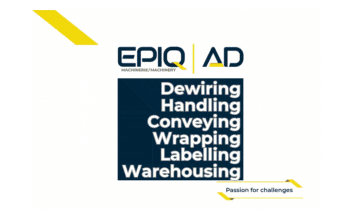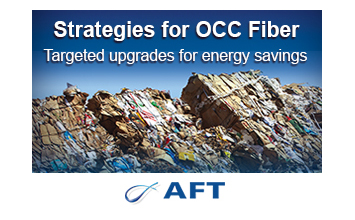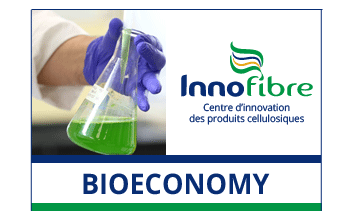As the Paper and Paperboard Packaging Environmental Council (PPEC) continues its work to represent the environmental interests of the Canadian paper packaging industry, we will also be closely monitoring a number of environmental issues – from recycling and EPR, to changing food packaging materials, and possibly new guidance on environmental claims – over the coming year.
Here is a look ahead to some of the key issues that PPEC will be closely following in 2024.
Evolution of Extended Producer Responsibility
Extended Producer Responsibility (EPR) – a policy approach in which a producer is made financially and physically responsible for ensuring their packaging is responsibly managed and recycled – will continue to evolve in Canada.
In many ways, EPR for residential paper and packaging is still in its infancy in Canada. Currently, only British Columbia has a true EPR approach, while other provinces who have had programs in place for years, including Ontario, are transitioning to producer-responsibility models.
It is PPEC’s hope that the evolution of EPR will result in improvements to recycling, including:
- Harmonization of programs and greater economies of scale, which would see more materials being collected, processed, and ultimately recycled.
- Improved consumer education, awareness and participation.
- Less contamination, cleaner materials, and an improved quality of feedstock.
- More consistent and transparent data from stewardship organizations and producer responsibility organizations on the amount of obligated materials being collected, but most importantly, how much of those materials are actually recycled, by material type, across all legislated provincial programs.
Plastic Reduction Initiatives Continue
PPEC expects to see a continued focus on plastics reduction in Canada by governments and businesses this year.
On the legislative side, while there may have been some questions raised by the outcome of a recent court ruling on Canada’s Single-use Plastics Prohibition Regulations, it should not change the goals of the government’s Zero Plastic Waste Agenda.
This year, we can expect to see next steps related to some federal government proposals, including the potential development of a federal plastics registry, which is currently being consulted on. The government intends to publish a notice of intent under the Canadian Environmental Protection Act, with respect to reporting of certain plastic products for 2024, 2025 and 2026, before the end of this year. The government is also looking to develop recycled content and labelling rules for plastics, with regulations expected to be published for comment this year.
We can also expect to see continued initiatives from businesses to reduce plastic packaging, with the Canada Plastics Pact (CPP) spearheading industry efforts – already this year it was announced that Restaurants Canada, The Association of Plastic Recyclers, and McDonald’s Restaurants of Canada Limited have joined CPP, expanding its network of signatory partners.
Focus on Food-Contact and Takeout Packaging
PPEC expects to see more actions related to addressing the proliferation of food packaging across multiple channels – whether it’s packaging used for prepared foods and pre-packaged produce at grocery stores, or packaging provided at quick service restaurants (QSR), or food delivery and takeout.
We may see more initiatives aimed at increasing in-store recycling at QSRs, like McDonald’s Canada who recently announced that they will be introducing a pilot to test the collection of specified fibre food and plastic packaging for potential recycling.
We can also expect to hear more from the federal government about its proposal that would require Canada’s largest grocery retailers to implement a pollution prevention plan for primary food plastic packaging, which Canadian grocers raised concerns about during the consultation.
Updated Environmental Claims Guidance
There continues to be activity and enforcement around environmental claims and greenwashing, the practice of making false or misleading claims, especially with the growing use of ESG reporting metrics.
While Canada archived its Environmental Claims Guide, the U.S. Federal Trade Commission (FTC) is looking to update its guidance. The FTC initiated a review of its 2012 “Guides for the Use of Environmental Marketing Claims,” known as the Green Guides, and held a consultation soliciting input, which ended in the spring of 2023.
While we wait for more information from the FTC, it’s been widely suggested that they will update the Green Guides, including the possibility of changing some existing definitions. At the time of its consultation, FTC was seeking comments on different terms, including “recyclable” and “recycled content.”
 Rachel Kagan
Rachel Kagan
Executive Director
The Paper & Paperboard Packaging Environmental Council (PPEC)













